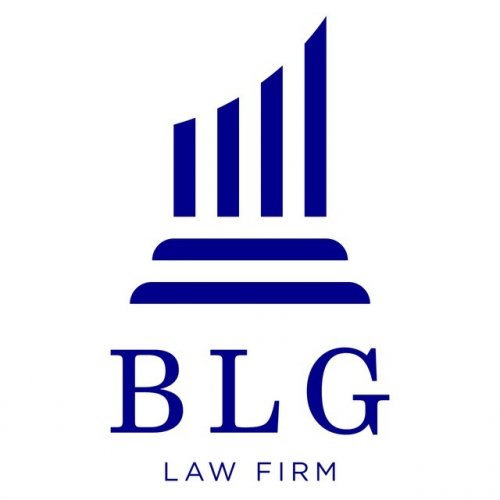Best Criminal Litigation Lawyers in Tashkent
Share your needs with us, get contacted by law firms.
Free. Takes 2 min.
List of the best lawyers in Tashkent, Uzbekistan
About Criminal Litigation Law in Tashkent, Uzbekistan
Uzbekistan’s criminal litigation law, including Tashkent, the capital city, is primarily based on the nation's Criminal Code which encompasses provisions that describe what constitutes a criminal offense and the appropriate punishments for such infractions. It emphasizes due process, presumption of innocence, rule of law, and proportionality in the determination of penalties.
Why You May Need a Lawyer
Lawyers play a crucial role in navigating through the complexities of the criminal litigation process. You may need a lawyer if you're implicated in a crime, when a criminal case is filed against you, or when you must comprehend the jurisdiction's criminal laws. Criminal defense lawyers help in defending your rights, presenting evidence, negotiating plea bargains, drafting and filing necessary legal documents, and providing legal advice.
Local Laws Overview
Uzbekistan's Criminal Code, which governs Tashkent, covers a wide range of offenses including crimes against peace and public security, crimes against property, against life and health, and also those against public order, amongst others. It also has a specific chapter dedicated to punishments and measures of criminal law. The Code emphasizes the need for the trial court to ensure that justice is served and that the rights of all parties are preserved during the proceedings. Rules on detention, arrest, and pre-trial investigations are also set forth by the Code.
Frequently Asked Questions
1. What are my rights if I am accused of a crime in Tashkent?
Every person accused of a crime in Tashkent has the right to legal representation, the right to be informed promptly and in detail of the accusation, the right to be presumed innocent until proven guilty, and the right to a fair trial.
2. How does the criminal litigation process work in Tashkent?
A typical criminal litigation case in Tashkent, as outlined by the criminal procedural code, generally involves the stages of investigation, trial, appeals, and execution of judgment.
3. Are there any forms of plea bargaining available?
Yes, Uzbekistan's criminal procedural law does provide for the possibility of plea agreements, which should be discussed with your lawyer.
4. What are the possible penalties for criminal offenses?
The penalties for criminal offenses in Tashkent can include fines, public works, correctional labor, restriction of liberty, imprisonment, and the most serious being life imprisonment based on the nature and gravity of offenses.
5. Can I appeal a criminal court judgment?
Yes, a defendant has the right to file an appeal against a criminal court's judgment. The process should be undertaken under the guidance of an experienced lawyer.
Additional Resources
The Supreme Court of the Republic of Uzbekistan and the Ministry of Justice provide updates on laws and guidelines. For legal aid, you might reach out to the Republic's Centre for Free Legal Aid. Online resources such as ‘Legislationline’ might also be helpful.
Next Steps
If you ever need legal assistance in Criminal Litigation in Tashkent, first and foremost, you should consult with a lawyer experienced in Uzbekistan criminal law. It's best to cooperate fully with your lawyer, providing all necessary details and information to aid in your defense.
Lawzana helps you find the best lawyers and law firms in Tashkent through a curated and pre-screened list of qualified legal professionals. Our platform offers rankings and detailed profiles of attorneys and law firms, allowing you to compare based on practice areas, including Criminal Litigation, experience, and client feedback.
Each profile includes a description of the firm's areas of practice, client reviews, team members and partners, year of establishment, spoken languages, office locations, contact information, social media presence, and any published articles or resources. Most firms on our platform speak English and are experienced in both local and international legal matters.
Get a quote from top-rated law firms in Tashkent, Uzbekistan — quickly, securely, and without unnecessary hassle.
Disclaimer:
The information provided on this page is for general informational purposes only and does not constitute legal advice. While we strive to ensure the accuracy and relevance of the content, legal information may change over time, and interpretations of the law can vary. You should always consult with a qualified legal professional for advice specific to your situation.
We disclaim all liability for actions taken or not taken based on the content of this page. If you believe any information is incorrect or outdated, please contact us, and we will review and update it where appropriate.









